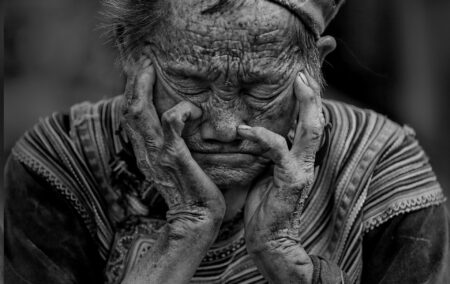China is grappling with a crisis of retirement as the country’s population ages. This could have serious implications for the future of China and the country’s long-term financial stability.
China has one of the lowest retirement ages among major economies. Under a policy unchanged since the 1950s, women can retire as early as 50 and men at 60.
Local governments are also running out of money, just as a wave of retirees arises. Beijing is now asking people to work longer — a move which is long overdue but one still likely to meet with resistance.
China’s “baby boomers” — those born after China emerged from devastating starvation in the early 1960s — are retiring in droves. By 2035 China’s state-led urban pension fund will run out of the money accumulated over the past two decades. It will have to rely entirely on new workers’ contributions.
A former central bank governor, Zhou Xiaochuan, has warned that China must address its pension shortfall and communicate that many Chinese may need to rely on private pension savings.
China has been considering changing the retirement age for years, but several deadlines pass without a decision. However, Beijing may finally take action this year, as the economy is starting to recover and as Xi Jinping has secured a third term as China’s leader. This makes a politically unpopular move less perilous for the Communist Party.
China is aging at much lower income levels and at a much faster pace than France and the U.S. This is one result of its one-child policy, which was only scrapped in 2016. It has resulted in a dwindling number of women of childbearing age, and a generation of only children who are less eager to marry and start a family.
Estimates are that more than 40 million Chinese will retire over a five-year period ending in 2025. The working-age population — those aged between 16 and 59 — is expected to drop by 35 million in the same period.

